Last Updated on December 5, 2025 by Emma Fajcz | Published: December 9, 2018
This post is part of our Love Letter series: first-person accounts of what we love about Lisbon.
In Lisbon, the sea suffuses every aspect of local life—especially when it comes to cuisine.
When I first caught sight of Lisbon, I could barely keep my eyes open. I was fresh off an overnight transatlantic flight, and I hadn’t been able to sleep. Even so, I was determined to make the most of my five-hour afternoon layover—and to make contact with this city that had captured my curiosity from afar.
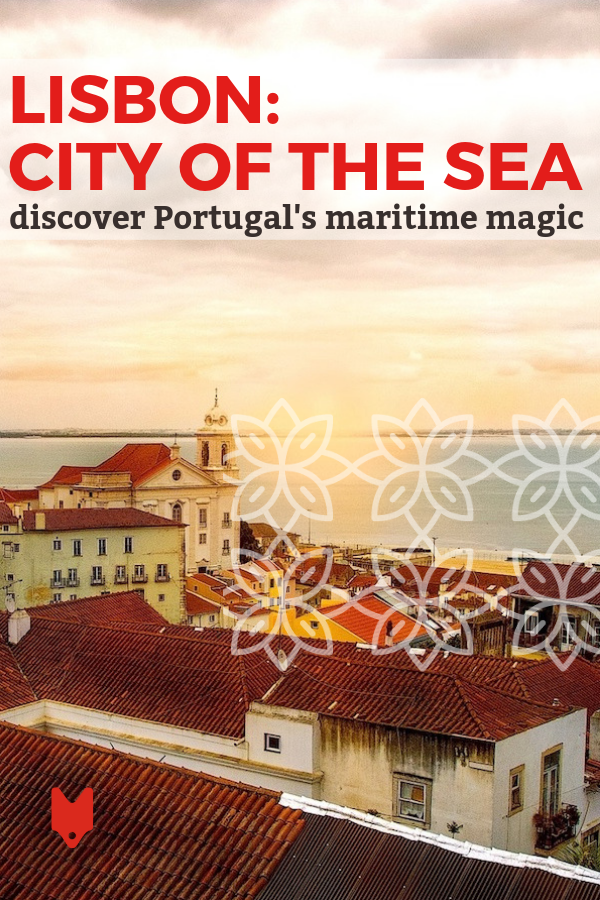
To be honest, what I wanted most was to get a glimpse of the sea (which turned out to be a river, but more on that later). To breathe in the weirdly pleasant smell of rotting fish and salty air, and feel the kind of calm that only comes when I’m by the ocean.
I don’t know where this innate attraction comes from; I was raised in the middle of the Appalachian mountains, hundreds of miles from the coast. My only explanation is that it must be in my blood: passed down from my grandfather, who was a sailor, and infused into my psyche through childhood trips to the Chesapeake Bay.
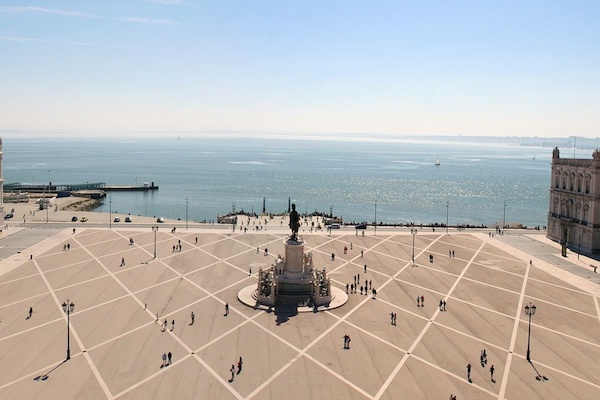
But let’s get back to Lisbon.
Portugal’s capital is sometimes called the city of seven hills. It’s a sprawling expanse of old houses and churches, terracotta tiles and recklessly refined street art. This urban chaos, in all its contradictory beauty, spills down the steep slopes until they reach the water. And although Lisbon may get its nickname from the terrain, its spirit comes straight from the sea.
The second time I came to Lisbon, I was marginally better rested. I had been traveling solo through Portugal, clinging to the coast as I made my way down from Porto. I had already fallen in love with one particular feature of this country: almost all of it is fairly close to the ocean.
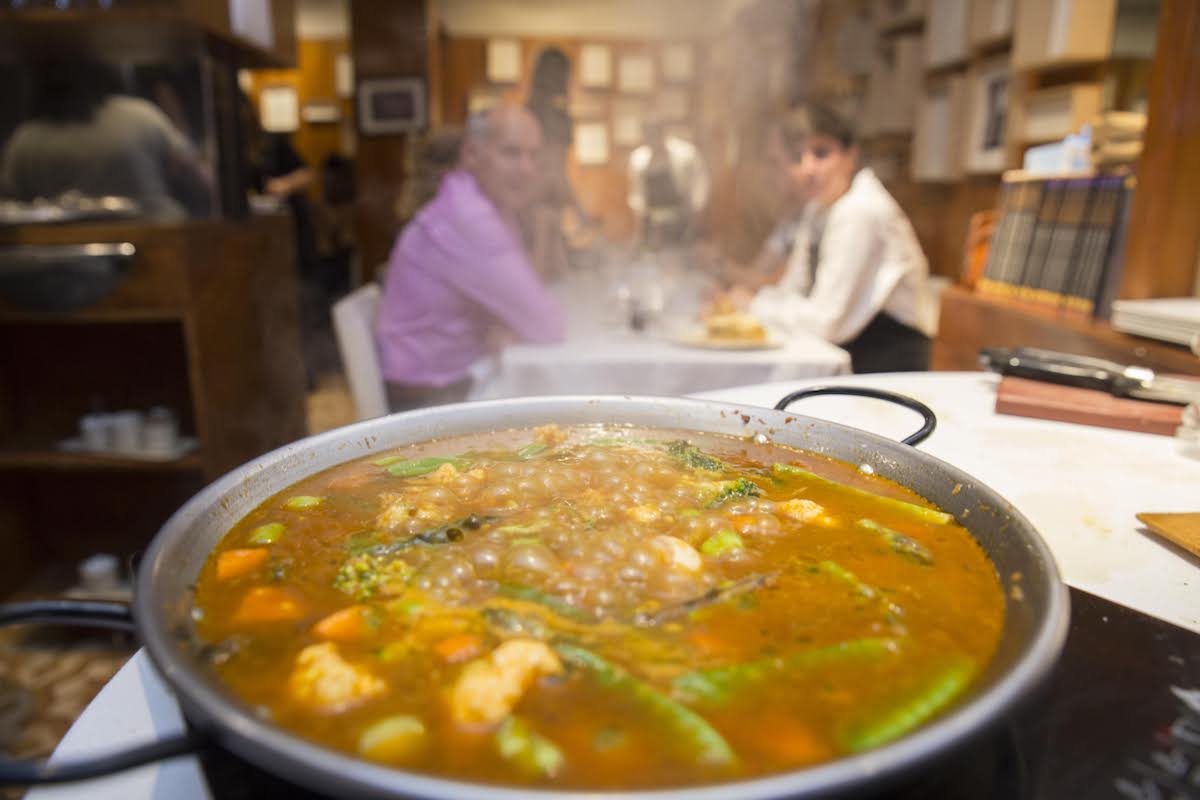
This geographic fact has influenced Portugal’s history, its culture and of course its cuisine. From its generations of sailors, explorers and fishermen to its black and white tiled streets depicting schooners and seashells, salt water runs through Lisbon’s veins.
A history of exploration
To get an idea of how much reverence the Portuguese have for seafaring historical figures, just head to Belém. There you’ll find the Padrão dos Descobrimentos, a monumental homage to those who ventured out from what seemed like the edge of the world, hoping to see what lay beyond it.
This massive sculpture celebrates the Age of Discovery: the era during which overseas exploration flourished and the trends of globalization and colonialism emerged. It’s a modernistic representation of a giant ship flanked by 33 historical figures, ranging from Alfonso V to Luís de Camões. Of course, the water that these figures are gazing out upon is not exactly the open ocean; it’s the Tagus River estuary, from which their ships departed en route to the Atlantic.

So yes, although Lisbon is a city of the sea, it’s a city on the river. The sweeping panoramic views from its highest miradouros look out over the Tagus and the peninsula beyond it. But this does not detract from the sense that it sits on the precipice of Europe, right on the edge of the seemingly infinite expanse that separates Old World from New.
Perhaps it’s this feeling of possibility that gives Lisbon a subtle kind of hopefulness; an air of opportunity and innovation that contrasts with age-old tradition. This juxtaposition is visible all over the capital: in rickety trams and high-speed trains, in centuries-old architecture and postmodern art. But nowhere is it more apparent than on the table.
Straight from the sea to the plate
Lisbon’s culinary culture reflects two seemingly contradictory aspects. On one end, there are classic dishes that bring to mind wizened old grandmothers and family meals in cramped kitchens. On the other, there are avant-garde chefs and haute cuisine. This can be said of many European capitals; but in Lisbon, opposites seem to attract. These two phenomena coexist—for the most part—in harmony.
So what is it that unites the young and the old, the time-tested and the daring? If you ask me, it all comes down to the sea. Whether you’re biting into a piping hot cod fritter or nibbling at a delicately plated piece of fish, the same essential flavor is there.
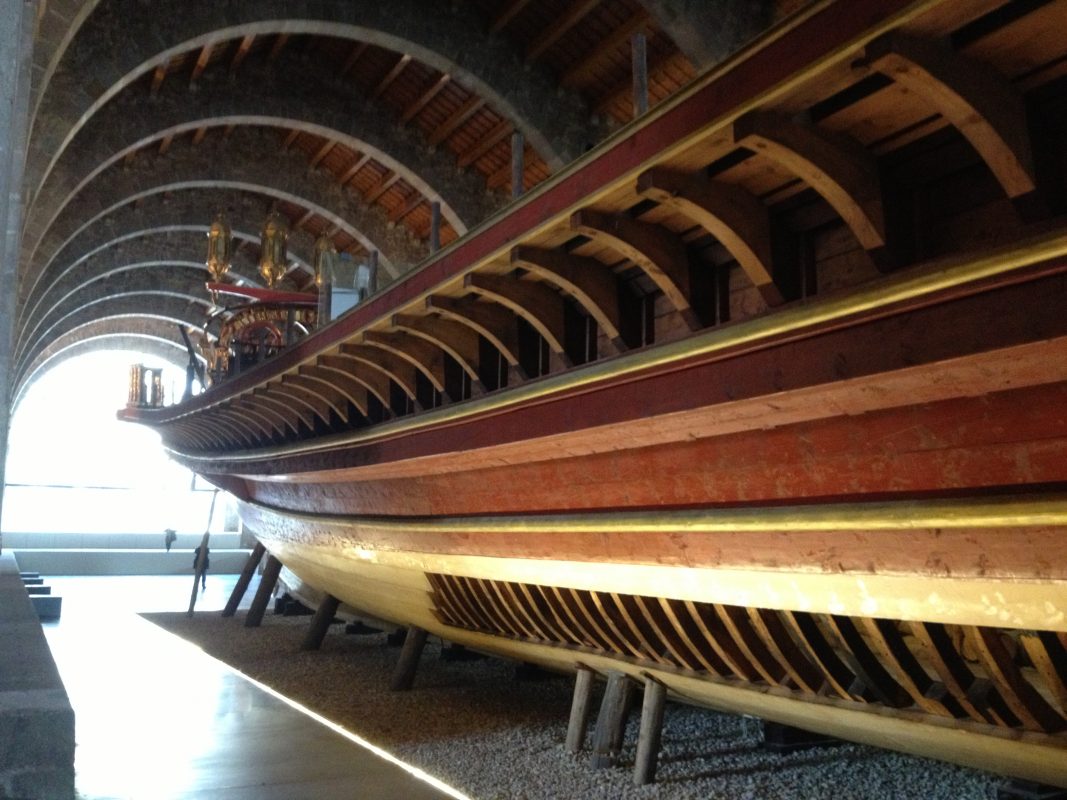
So many of Lisbon’s—and Portugal’s—specialties are fundamentally based on seafood. Take, for example, the canned delicacies that either entrance or disgust tourists by the dozen. Tins of tuna, sardines, cod and mussels, preserved in everything from olive oil and garlic to tomato sauce. They’re stinky, they’re salty and they’re entirely addictive. But what I love most about them is that they don’t try to hide their origin—these little cans are bursting with the taste, quite literally, of the ocean.
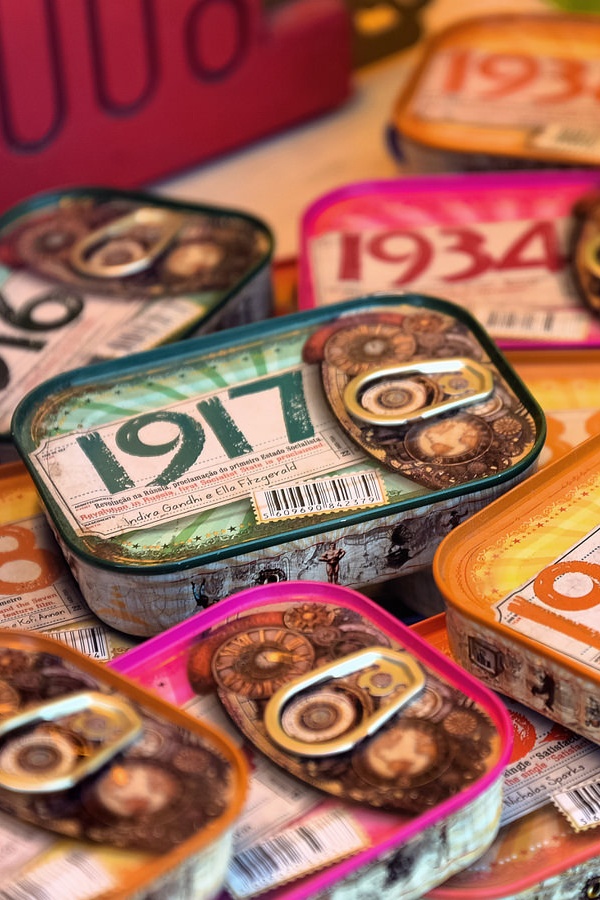
This clear connection of food to its origins is something that I have never taken for granted. Like many American kids, I grew up eating fish sticks and other forms of seafood that barely resembled the creatures they were (supposedly) made of.
The cult of candid consumption
When I relocated to southern Europe, it took a while for me to get used to fish being served whole, eyeballs and all. But after a couple years of adventurous eating, I’ve become a believer in knowing what I’m consuming—and where it comes from.
In general, the more that food resembles its original form, the more authentic it feels. So when I peel open a can of tuna, I want to smell the salt water. When I order grilled sardines, I want to know that they came from the dock down the road.
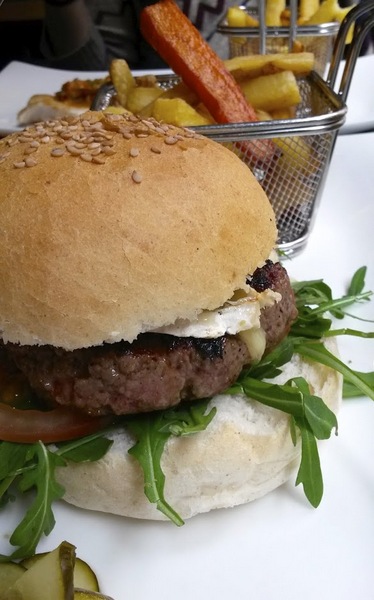
Whether I’m sampling an innovative culinary trend or indulging in the simple pleasures of Portuguese comfort food, I want to feel a connection to what I’m eating and the people who prepared it. And I know that in Lisbon, these wishes will be granted.
Perhaps that’s why I’ve fallen so completely, irreversibly, head-over-heels in love with this city and the country it’s part of. Or maybe it has something to do with the waves that are crashing everywhere you look; the values of courage and curiosity proudly linked to its ancestry; or the fact that it’s acceptable to eat directly from a can of tuna in public. Truthfully, it’s probably a combination of all of this—the maritime culture and cuisine that reflects the spirit of Lisbon, city of the sea.









My favourite city in the world too. It has a feel about it that you cant explain till youve been there.
Couldn’t agree more, Andrew! Thanks for reading!